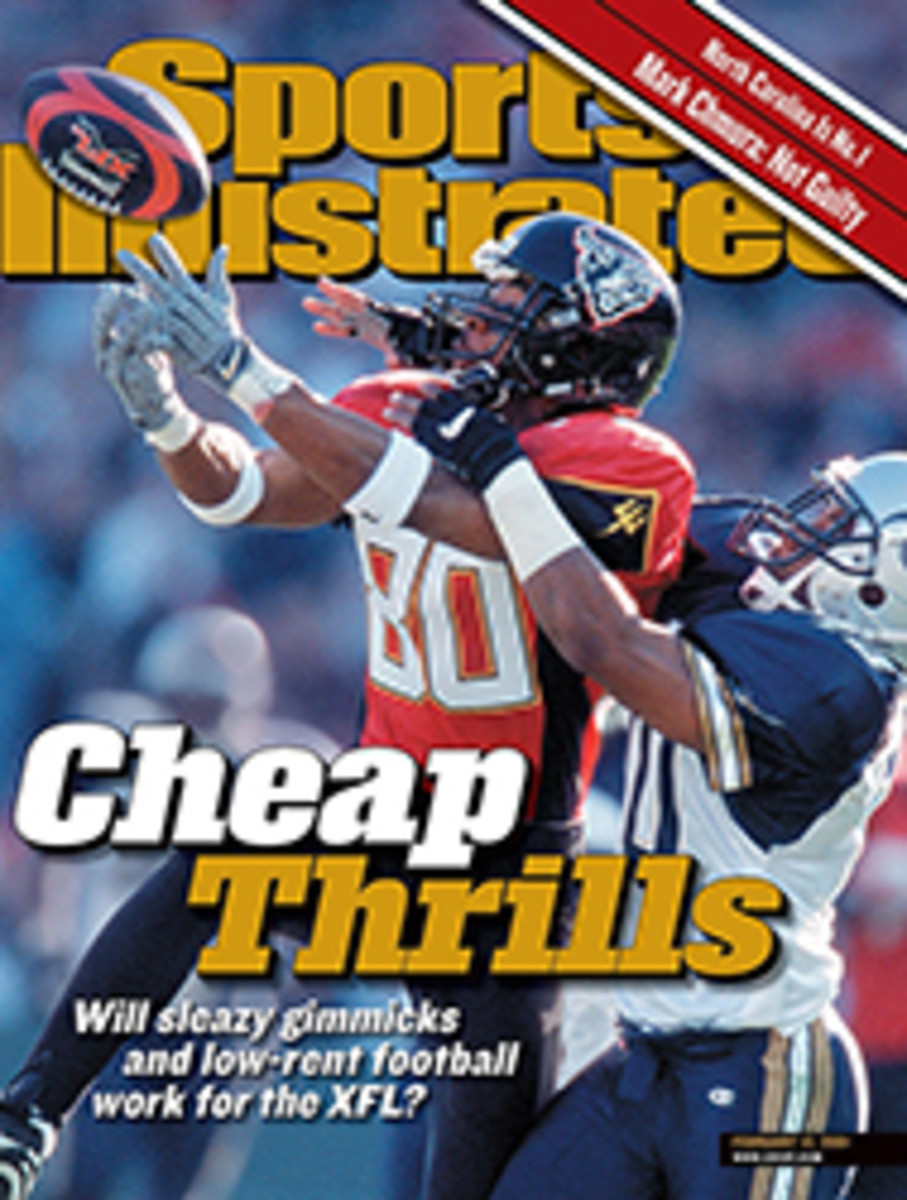Jedi Master Cane
All-ACC
- Joined
- Nov 3, 2011
- Messages
- 10,862
To the top you go

 www.stateoftheu.com
www.stateoftheu.com

RIP Miami Football, 1980-2005 (Part 1)
In the Wake of the Worst Loss In Program History, It Is Time to Tell the Story of Miami’s Demisewww.stateoftheu.com
The truth.Depressing ****
The truth.
We need savages and a killer. Not a fake one with rented yachts and chains. I’m talking assassins on the football field that will do whatever it takes to win.
Here is ONE example:

Butch League Butch Davis left Miami scrambling when he betrayed his players and bolted for a big-money deal with the Browns
The meeting took all of them by surprise. College football playersdo many things in the winter--lift weights, host recruits, go toclass--but they do not meet.www.si.com
I am no Butch fiend, but he is the last competent coach we had and the administration is the reason why!
Butch was going to leave no matter what the Miami admin did.
Are you seriously going to trust some old SI article that just seems to be spouting a bunch of Davis propaganda?
I'm no fan of Paul Mana-Dee, but Butch left over $340K of a buyout.
Negotiations plodded forward through the Sugar Bowl. On Jan. 5
both parties agreed to a base compensation of $8.5 million over
five years, plus some incentive bonuses--all of which would have
put Davis among the three highest-paid college football coaches
in the nation. Two issues remained unresolved: the buyout if
Davis took another job, and the guaranteed compensation if Davis
was fired. Miami wanted Davis to pay a $2.5 million buyout if he
left after the first year, and the school would pay him $5
million (of the remaining $6.8 million) if he was fired following
the first season. (The buyout would decrease by $500,000 and the
compensation by $1 million in each succeeding year.) Davis and
Demoff found both clauses unacceptable.
Large buyout riders are not uncommon for sought-after college
coaches, although $2.5 million would have been extraordinary.
When Dennis Franchione left TCU for Alabama in December, he was
charged a $1 million buyout and has a $1 million buyout in his
Alabama contract. Virginia Tech's Frank Beamer has an $850,000
buyout. Dee defends Miami's demand for a stiff buyout clause by
saying, "If we were going to make the investment that we were
prepared to make, we expected reciprocity."
The parties exchanged offers in the days that followed. On Jan.
24, 13 days after Cleveland dismissed Chris Palmer as coach and
put Davis on its short list, Miami offered to fully guarantee
Davis's contract in the event that he was fired, and reduced the
buyout to 20% of his remaining salary at the time of departure,
approximately $1.37 million after the first year. (It galled
Davis that he might have to work for $1.7 million and then pay
back nearly that much to leave, a scenario that he compared to
working a year for nothing.) Demoff offered four scenarios to
Miami, including a 100-10 deal, in which Davis would have a 100%
guaranteed contract and owe 10% of his remaining salary as
buyout, roughly $680,000 after the first year. Miami's counter,
on Jan. 27, was to drop the guarantee on the contract to 90% and
reduce the buyout from 20% to 15%, which would have been $1.02
million after the first year.
At that point Demoff felt Miami was no longer bargaining in good
faith. He recommended that Davis stop negotiating with Miami and
told the coach that there was still a small window in which to
work with the Browns, who had courted Davis 11 days earlier and
been rebuffed. Scarcely 24 hours later Davis was Cleveland's
coach.
Crazy how different things could have been. That negotiation impacted all of college football.